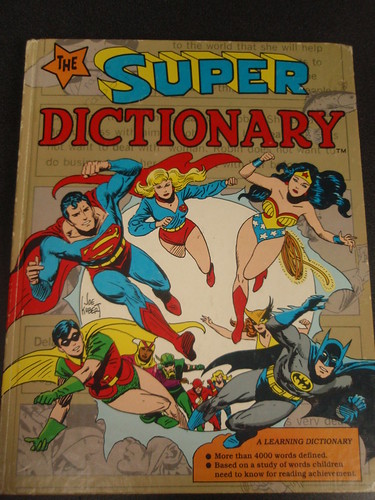We here at Wordnik love dictionaries of all kinds. We love etymologicons, idioticons, and synonymicons. We love specialty dictionaries, traditional dictionaries, and those that are crowd-sourced. We love dictionaries old and new. But what about those dictionaries that don’t exist but should?
In celebration of Dictionary Day, which takes place on October 16 and honors the birthday of lexicographer Noah Webster, we’re holding a contest. You may be familiar with The New Yorker‘s popular Questioningly column. Every week, readers receive a different challenge, such as Muppetizing a movie, making up a punctuation mash-up, or coming up with the worst job in literature, and are asked to tweet their answers (which are as many as they can think of).
Taking a cue from Questioningly, we’re asking you to make up a dictionary. It could be political (Mitt Romney’s 180s, A to Z), pragmatic (50 Ways to Leave Your Lover), or just plain silly (A to Z Guide to ‘Beverly Hills 90210’ Style). The only requirement is that it doesn’t already exist.
Tweet the title of your fictional dictionary with the hashtag #wordnikAtoZ. The contest will run from today until Monday, October 15. On the 16th, we’ll announce our favorites, the runners-up, and the big winner. Prizes await!


